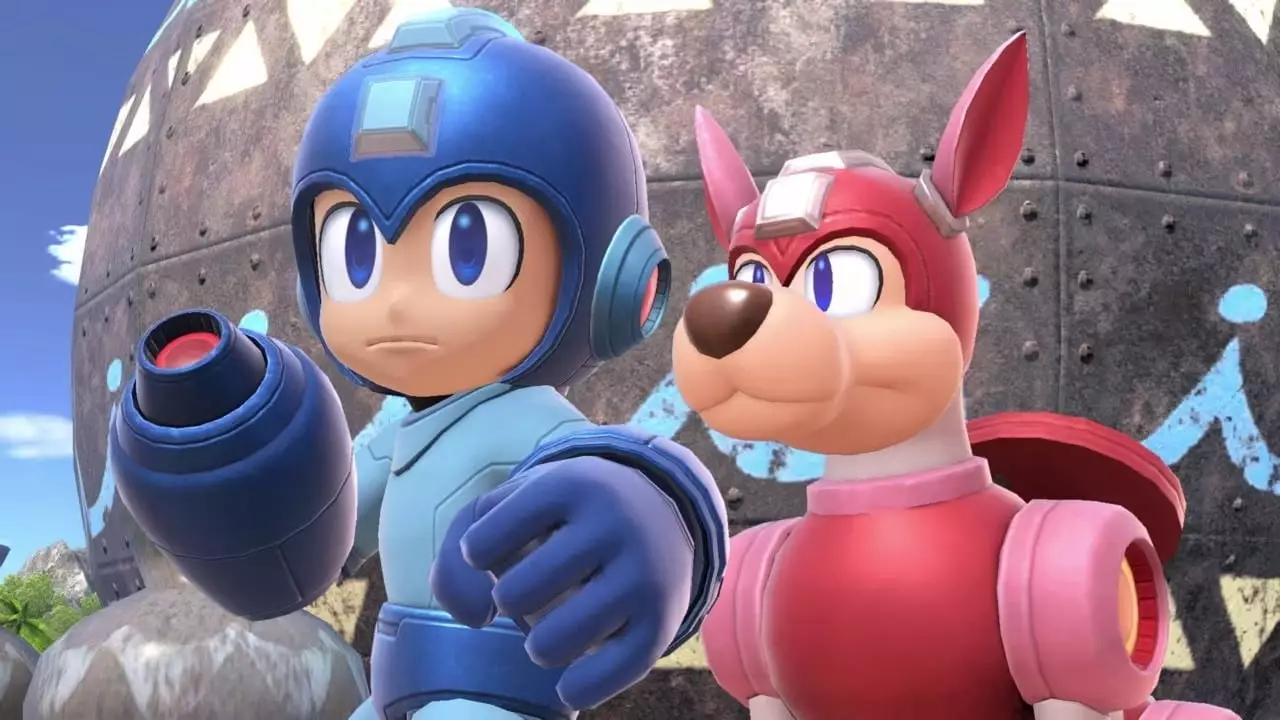Capcom, the renowned Japanese video game developer, has taken the gaming community by surprise at this year’s Game Awards with its announcement of reviving beloved franchises such as Okami and Onimusha. This initiative highlights a strategic pivot for the company, aiming to breathe new life into dormant intellectual properties (IPs) that have not seen active titles in recent years. In a detailed press release, Capcom emphasized its ambition to bolster corporate value by tapping into its extensive library of classic content. This move is not merely about nostalgia; it’s part of a broader strategy to produce high-quality titles efficiently.
Reviving classic games is a trend that resonates deeply within the gaming community. Titles like Okami and Onimusha evoke memories for many players, serving as iconic examples of Capcom’s pioneering spirit in the gaming industry. By reactivating these franchises, the company not only caters to long-time fans but also introduces these classic narratives and gameplay styles to a new audience. This endeavor could potentially yield a unique blend of old and new, where innovative technology meets the artistic vision that characterized these franchises in their heyday.
Recent Successes and Future Prospects
Capcom’s recent successes include well-received compilations and titles such as the Ace Attorney series and the Marvel vs. Capcom Fighting Collection. These releases have garnered positive responses, showcasing the company’s capability to reinvent and present its content in engaging ways. As the company gears up for 2025, anticipation builds around a new Monster Hunter installment and upcoming fighting collections, promising a diverse range of gaming experiences. Furthermore, Capcom remains attentive to fan feedback, as exemplified by a recent survey that inquired about desired remakes, with franchises like Breath of Fire emerging as frontrunners.
An Industry-wide Movement
Capcom is not alone in its quest to revive classic franchises. Sega is also making waves with plans to bring back iconic titles such as Crazy Taxi, Shinobi, and Jet Set Radio. Such initiatives underline a broader trend within the gaming industry, where developers recognize the value of nostalgia as a powerful marketing tool. By revitalizing cherished titles, companies can create buzz and intrigue, appealing to both veteran gamers and newcomers alike.
As Capcom embarks on this ambitious journey, the gaming community awaits to see what other classic IPs will be resurrected. Enthusiastic discussions around the potential reactivation of franchises like Mega Man and Breath of Fire continue to circulate among fans. In reintroducing these celebrated titles, Capcom faces the challenge of balancing fidelity to original gameplay and narrative while integrating modern gaming advancements. The success of this approach will ultimately depend on the company’s ability to innovate while paying homage to its rich history.
Capcom’s decision to revitalize its classic IPs is an exciting development in the gaming industry, promising to bridge generations of players while amplifying the company’s creative capabilities. The coming years will be pivotal in determining the impact and success of this nostalgic resurgence, and fans eagerly await the outcomes of these ventures.

